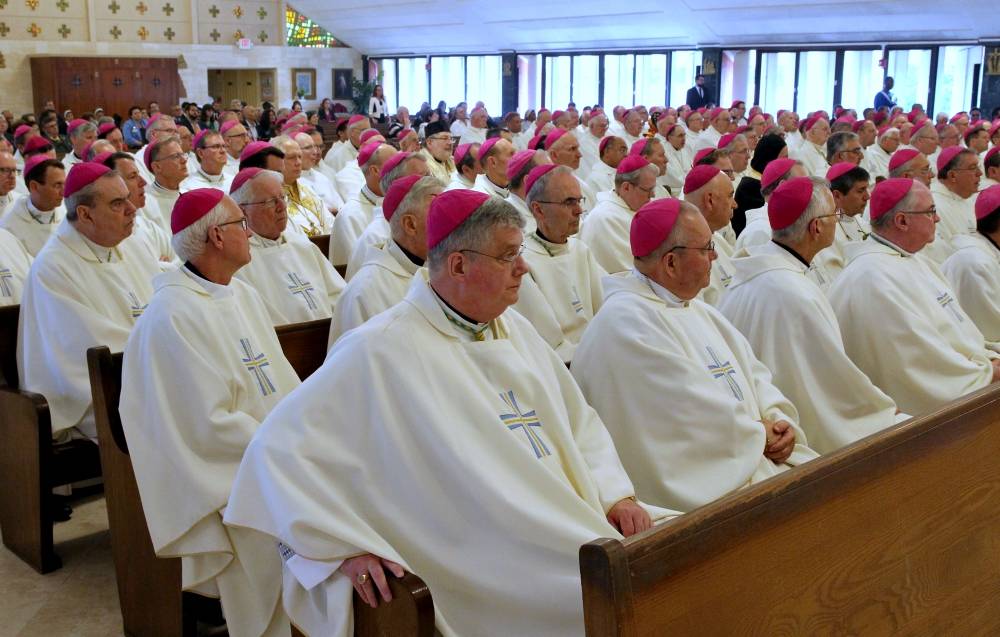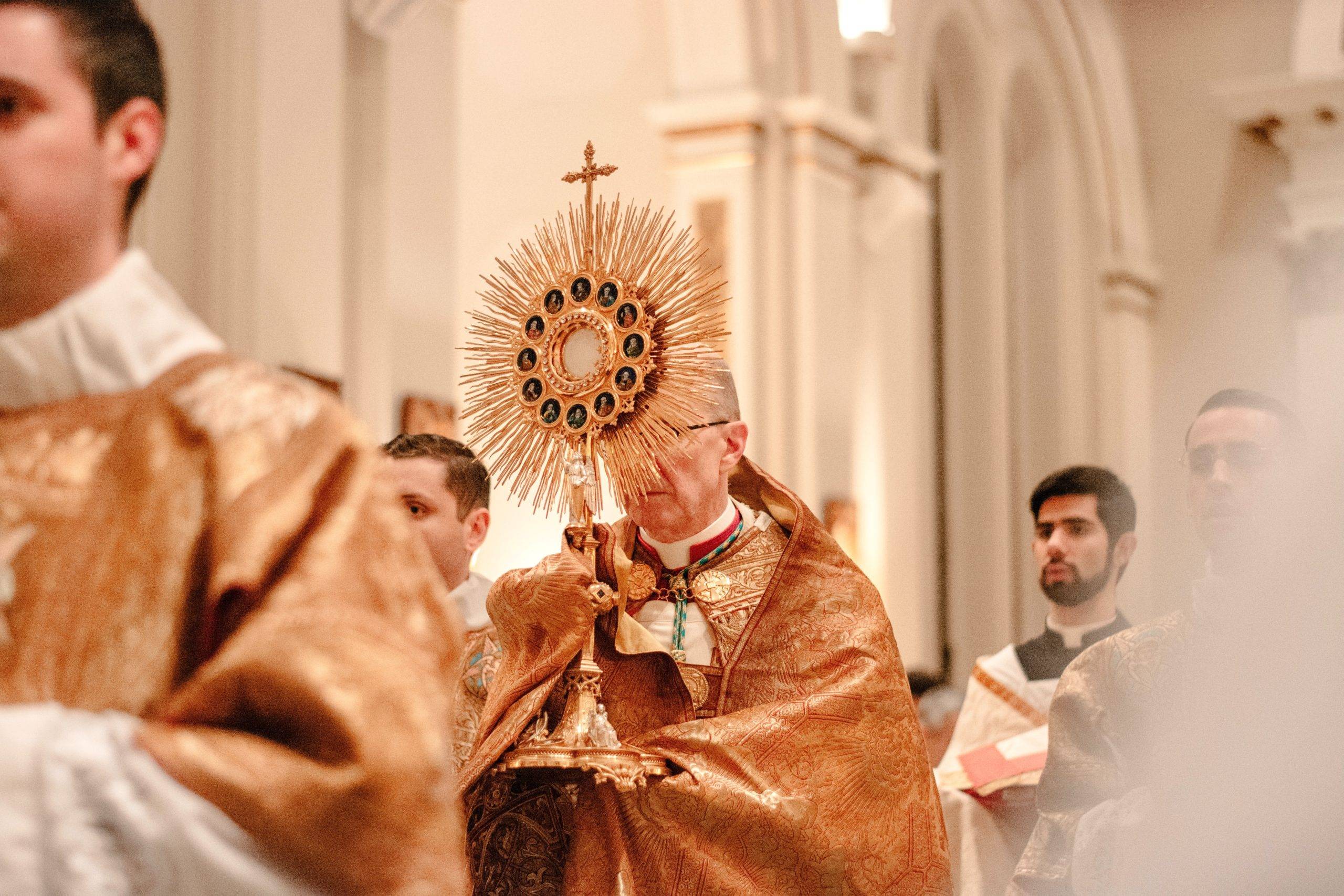The Sacraments of
the Christian Church: Symbols of Faith and Grace
In the tapestry of Christian belief and practice, the
sacraments stand as profound symbols of faith and conduits of divine grace.
These sacred rites, instituted by Christ Himself, serve as visible signs of
invisible realities, embodying the deepest truths of the Christian journey.
Rooted in Scripture and tradition, the sacraments unite believers with God,
with one another, and with the living memory of Christ's redemptive work.
Baptism: A New Birth
Baptism, the sacrament of initiation, marks the beginning of
the Christian pilgrimage. In the waters of baptism, believers are united with
Christ in His death and resurrection (Romans 6:3-4), symbolizing the washing
away of sin and the new birth into the family of God (John 3:3-5). Just as
water cleanses and renews, baptism signifies the cleansing of the soul and the
reception of the Holy Spirit (Acts 2:38). Through this sacrament, Christians
are marked as God's own, sealed with the promise of eternal life (Ephesians
1:13-14).
Eucharist: Nourishment for the Journey
The Eucharist, also known as the Lord's Supper or Holy
Communion, stands as the central act of Christian worship. Instituted by Christ
at the Last Supper (Matthew 26:26-28), this sacrament offers believers
spiritual nourishment through the real presence of Christ in the bread and wine
(1 Corinthians 10:16). In partaking of the Eucharist, Christians remember
Christ's sacrifice for their sins (Luke 22:19-20), experience communion with
Him and with one another (1 Corinthians 10:17), and anticipate the heavenly
banquet yet to come (Revelation 19:9).
Confirmation: Empowerment for Witness
Confirmation, often associated with the laying on of hands,
seals the grace of baptism and empowers believers for active participation in
the life of the Church (Acts 8:14-17). Through this sacrament, Christians
receive the fullness of the Holy Spirit (Acts 2:1-4), equipping them with
spiritual gifts for service and witness (1 Corinthians 12:4-11). Confirmation
strengthens the bond of faith and enables believers to stand firm in the face
of trials and challenges (2 Timothy 1:6-7), empowering them to proclaim the
Gospel boldly (Acts 1:8).
Reconciliation: Healing and Restoration
Reconciliation, also known as Confession or Penance, offers
the gift of God's mercy and forgiveness to those who have strayed from His path
(1 John 1:9). Through this sacrament, believers acknowledge their sins before
God, express sincere contrition, and receive absolution through the ministry of
the Church (James 5:16). Reconciliation restores the soul to a state of grace,
heals the wounds of sin, and reconciles the penitent with God and the Christian
community (Luke 15:11-32).
Anointing of the Sick: Comfort and Strength
The Anointing of the Sick, formerly known as Extreme
Unction, provides spiritual comfort and strength to those facing illness or the
frailty of old age (James 5:14-15). Through the anointing with oil and the
prayers of the Church, believers receive God's healing grace, both in body and
soul (Mark 6:13). This sacrament reminds the faithful of Christ's compassion
for the suffering (Matthew 9:35-36) and offers hope in the midst of trials,
preparing the soul for the journey from this life to the next (2 Corinthians
4:16-18).
Holy Matrimony: Covenant of Love
Holy Matrimony, the sacrament of marriage, celebrates the
sacred union of a man and a woman in lifelong covenant before God (Matthew
19:5-6). Modeled after Christ's love for His Church (Ephesians 5:25), marriage
reflects the unity of Christ and His bride, the Church (Revelation 21:2).
Through this sacrament, spouses are empowered to love and support one another,
to raise children in the faith, and to be a witness to the world of God's love
and fidelity (Genesis 2:24).
Holy Orders: Servants of Christ
Holy Orders, the sacrament of ordination, sets apart
individuals for the service of God and His Church (1 Timothy 4:14). Through the
laying on of hands by bishops in apostolic succession, candidates receive the
grace and authority to minister as deacons, priests, and bishops (Acts 13:2-3).
This sacrament confers the sacred duties of preaching the Word, administering
the sacraments, and shepherding God's people (2 Timothy 4:1-5), following the
example of Christ, the Good Shepherd (John 10:11).




No comments yet
Be the first to share your thoughts!